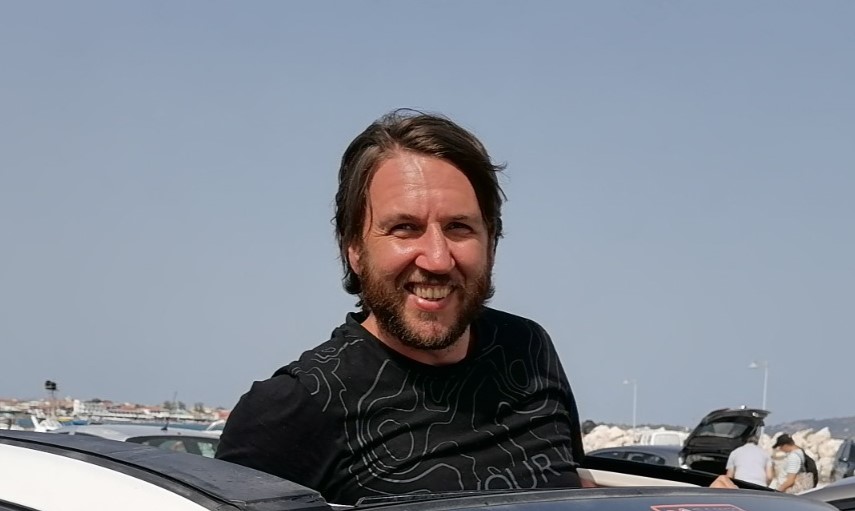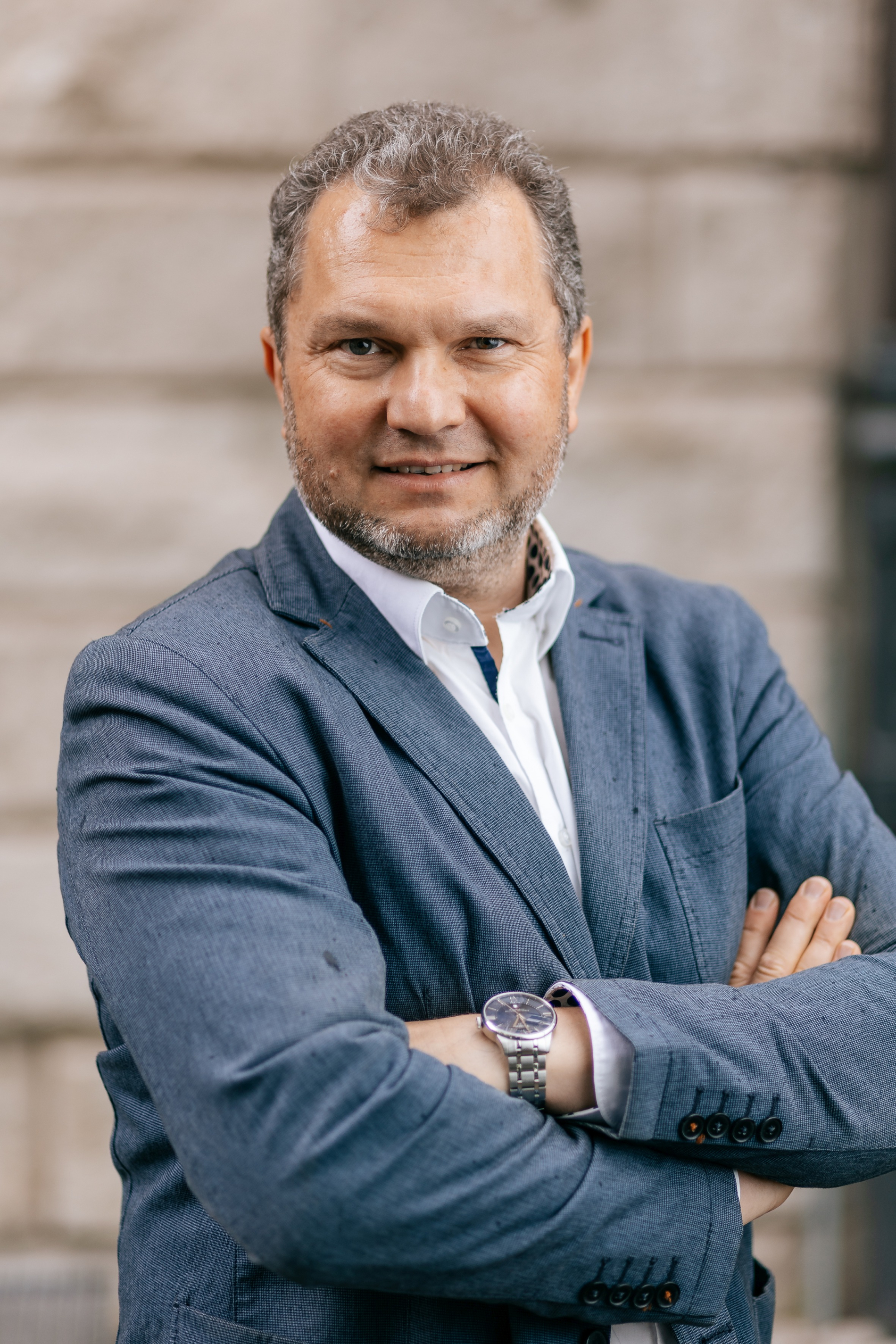YOUR BROWSER IS OUT-OF-DATE.
We have detected that you are using an outdated browser. Our service may not work properly for you. We recommend upgrading or switching to another browser.
Date: 04.01.2023 Category: general news, international cooperation, science/research/innovation
Research on perovskites and price forecasting in electricity markets are the topics to be tackled at Wrocław Tech by the winners of the Opus 22 + LAP/Weave competition organised by the National Centre for Science. The projects will be carried out together with partners from Germany.
The researchers taking part in the In the NCS competition applied for support including funding for bipartite or tripartite projects under the LAP (Lead Agency Procedure) model of collaboration, projects involving other foreign partners, and those requiring the use of large, international research facilities.
The LAP procedure is the new standard for evaluating proposals used by European science funding institutions. It aims to make it easier for international research teams to apply for funding necessary for collaborative projects and streamline the process used by research funding institutions to evaluate applications.
Funding was awarded to one tripartite Polish-German-Slovenian science and technology project worth over 860,000 PLN and fifteen bipartite Polish-German research projects worth over 19 million PLN in total. Two of these will be implemented at Wrocław University of Science and Technology.
 Michal Baranowski, PhD, Dsc, Eng. from the Department of Fundamental Problems of Technology has been awarded a grant of over 1.1 million PLN for the project named “Microscopic Imaging of the Phonon Bottleneck in 2-dimensional Perovskites”.
Michal Baranowski, PhD, Dsc, Eng. from the Department of Fundamental Problems of Technology has been awarded a grant of over 1.1 million PLN for the project named “Microscopic Imaging of the Phonon Bottleneck in 2-dimensional Perovskites”.
“As far as the project is concerned, we’ll investigate the origin of the surprisingly high light emission efficiency of two-dimensional perovskites. We want to verify the hypothesis according to which the extraordinary efficiency of these materials is connected with their mechanical properties and, more precisely, to their softness, which seems to have a significant impact on their electronic and optical properties,” explains the scientist.
The research will be conducted in collaboration with Prof. Ermin Malic from Philipps-Universitat in Marburg, who is a leading figure in the field of two-dimensional semiconductor research. The German scientist specialises in the theoretical description of the dynamics of exciton recombination and relaxation in these materials.
“His experience and specialisation in exciton dynamics modelling, combined with the experimental capabilities of Wrocław University of Science and Technology, is a perfect combination providing a great opportunity for our thorough understanding of the unique properties of two-dimensional perovskites," emphasises Dr Baranowski.
The project will take 36 months to complete.
 Over 900,000 PLN in funding has been awarded to Prof. Rafał Weron from the Faculty of Management. Named “Probabilistic Price Forecasting in Electricity Markets in the Medium and Long Term”, the project will be carried out in collaboration with Prof. Florian Ziel from the University of Duisburg-Essen.
Over 900,000 PLN in funding has been awarded to Prof. Rafał Weron from the Faculty of Management. Named “Probabilistic Price Forecasting in Electricity Markets in the Medium and Long Term”, the project will be carried out in collaboration with Prof. Florian Ziel from the University of Duisburg-Essen.
“Climate change is urging fundamental transformations in almost all sectors of the economy. To reach the EU target of climate neutrality by 2050, the electricity system needs huge investments in new storage capacities, renewable energy generation, and grid infrastructure,” says Prof. Rafał Weron. “However, such investments require rigorous quantification of the uncertain future, especially of electricity prices for horizons ranging from months to years. Due to sector coupling, e.g., via electric vehicles and power-to-heat systems, the role of mid- and long-term probabilistic – or distributional – electricity price forecasting (EPF) will become even more important in the coming decades,” he adds.
Also, the scientist points out that the relevant literature is very scarce. Only 8% of EPF studies concern horizons beyond the day-ahead and less than 1% provide the so much-needed mid- and long-term distributional forecasts.
“It is exactly the aim of the PRIORITY project – to address this challenge and provide methods and computational tools for PRobabilistic mid- and long-term prIce fORecasting In electriciTY markets,” announces Prof. Rafał Weron.
The researchers plan to develop deep neural networks, gradient-boosting machines, regularisation techniques, and regime-switching models. Furthermore, they will provide forecasting approaches based on supply and demand curves, as well as insights from fundamental power market models under uncertainty.
“We will develop novel distributional combination and aggregation methods. All this for horizons ranging from months to years,” explains Prof. Rafał Weron. “The project is interdisciplinary in nature. From the perspective of basic research, it will contribute to a number of disciplines ranging from Computer Science, Computational Statistics and Economics, and Finance to Electrical Engineering,” he adds.
From the utilitarian point of view, the project will help attain more efficient risk management and mid- and long-term decision support in the context of the energy transition. The latter is at the heart of the European Green Deal and in line with the EU’s commitment to global climate action under the Paris Agreement. Reaching climate neutrality is a PRIORITY.
This is not the first joint research conducted by Prof. Rafal Weron and Prof. Florian Ziel. Another of their projects, entitled “Investigating Market Microstructure and shOrt-term pRice forecasTing in intrA-day eLectricity markets”, conducted under a Beethoven grant, is just coming to an end.
Our site uses cookies. By continuing to browse the site you agree to our use of cookies in accordance with current browser settings. You can change at any time.